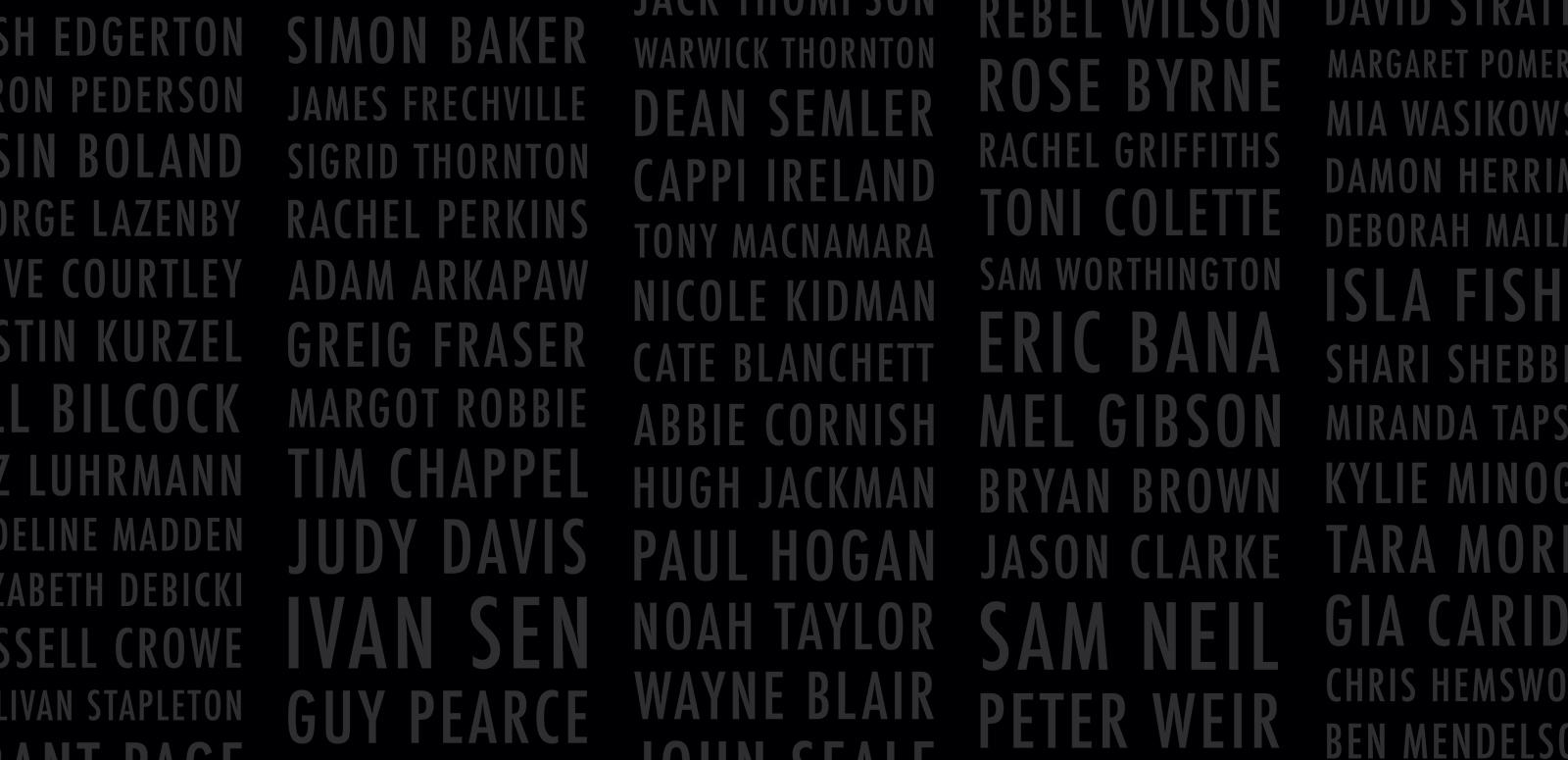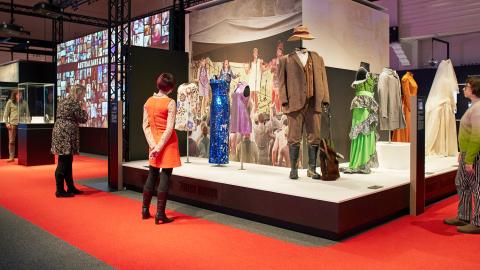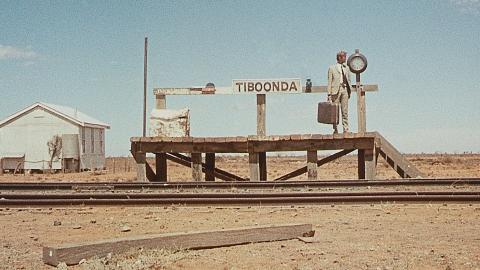

Justin Kurzel interview
Australians & Hollywood: Justin Kurzel interview
This is a transcript of an excerpt from a 2020 interview with director Justin Kurzel on BBC Radio 4's The Film Programme, with Francine Stock. Courtesy BBC 4.
Audio excerpt from True History of the Kelly Gang (Justin Kurzel, Australia-UK-France, 2019):
Ned Kelly (George MacKay): My dear child, I write to you now, so you do not go to confuse fiction for fact and view your father in an unsavoury light.
Speaker 1 (Interviewer Francine Stock):
The bushranger Ned Kelly, his face obscured by the famous metal helmet, sits squarely in the uncompromising Australian landscape. The world’s first feature film was made there about him in 1906 and Kelly remains a complex mysterious figure to successive generations. An outlaw, a man of action, who also penned an 8,000-word memoir, a justification of his deeds, and whose gang members sometimes dressed as women.
Twenty years ago, Peter Carey wrote the Booker-winning novel, The True History of the Kelly Gang, in which the outlaw is defined by the landscape, his upbringing, violence and the transformation of celebrity.
Audio excerpt from True History of the Kelly Gang:
Ned Kelly (George MacKay): So, as you read this history, know that it will contain no single lie. May I burn in hell if I speak false.
Speaker 2 (Justin Kurzel):
He’s now on every beer coaster, there’s Ned Kelly pies, there’s wine regions devoted to him. He’s kind of become a carnival.
Interviewer:
This is Justin Kurzel, director of True History of the Kelly Gang, a free adaptation of Carey’s novel.
Justin Kurzel:
That’s really kind of curious and why we latch onto that sort of figure and why there’s been so many films and literature written about him. And I guess that was sort of part of why Peter Carey wrote the book and what the title is about, True History of the Kelly Gang, is that it is kind of about how your history can be stolen from you and your legacy can be turned into anything that it needs to be.
Somehow, we have latched onto very, very quickly these sort of figures and have made them out to be whatever we need them to be, defying who we are. But I think that there’s a history that goes before him, especially an Indigenous history that we’re really struggling to have a conversation about.
For some reason we just seem to keep on going back to this man that somehow sort of defines the DNA of what we were, what we may want to be or what we don’t want to be. So that was a really huge motivation to kind of make it and try to work out what it was all about.
Interviewer:
Justin Kurzel’s previous films include Macbeth with Michael Fassbender, but it was his 2011 debut Snowtown, a quietly sinister dramatisation of true-crime serial killings in a small town near Adelaide, that led to his choice of moving image [for this program].
From 1971, Justin Kurzel has picked Wake in Fright, directed by Ted Kotcheff, a study of Australian masculinity, sublimated violence and heavy drinking.
Audio excerpt from Wake in Fright (Ted Kotcheff, Australia, 1971):
Local: Come and have a drink mate.
John Grant (Gary Bond): No thanks.
Local: Come on, have a drink.
Grant: No, I’m just not drinking at the moment.
Local (insistent): It’ll only take a minute, come on, come on have a drink.
Grant (exasperated): Look mate, I’ve given up drinking for a while.
Local (angry): What’s wrong with you, ya bastard. Why don’t you come and drink with me? I just brought you 50 miles eating dust and you won’t drink with me, what’s wrong with you?
Grant (angrier): What’s the matter with you people, eh? You sponge on you, you burn your house down, murder your wife, that’s all right. Don’t have a drink with you, have a flaming bloody drink with you, that’s a criminal offence, that’s the end of the bloody world!
Local (dismissive): You’re mad, ya bastard!
Justin Kurzel:
I had a roundabout way of seeing it. I’d made my first film, Snowtown, and everyone was talking about Wake in Fright, and I just found it really hard to find. Madman, who are the distributor in Australia, had just released the new remastered copy of it. Because it had gone missing for years and years.
Just suddenly a lot of Australian films just made sense to me. And I was astonished by it and, kind of looking back over my appreciation of Australian film history and the really important films that were kind of made, suddenly Wake in Fright slotted in, in a particular place that really put into context a lot of stuff for me. And I could see the influence it had had on a lot of filmmakers that had come before me. And had influenced my work directly.
The National Film and Sound Archive of Australia acknowledges Australia’s Aboriginal and Torres Strait Islander peoples as the Traditional Custodians of the land on which we work and live and gives respect to their Elders both past and present.


